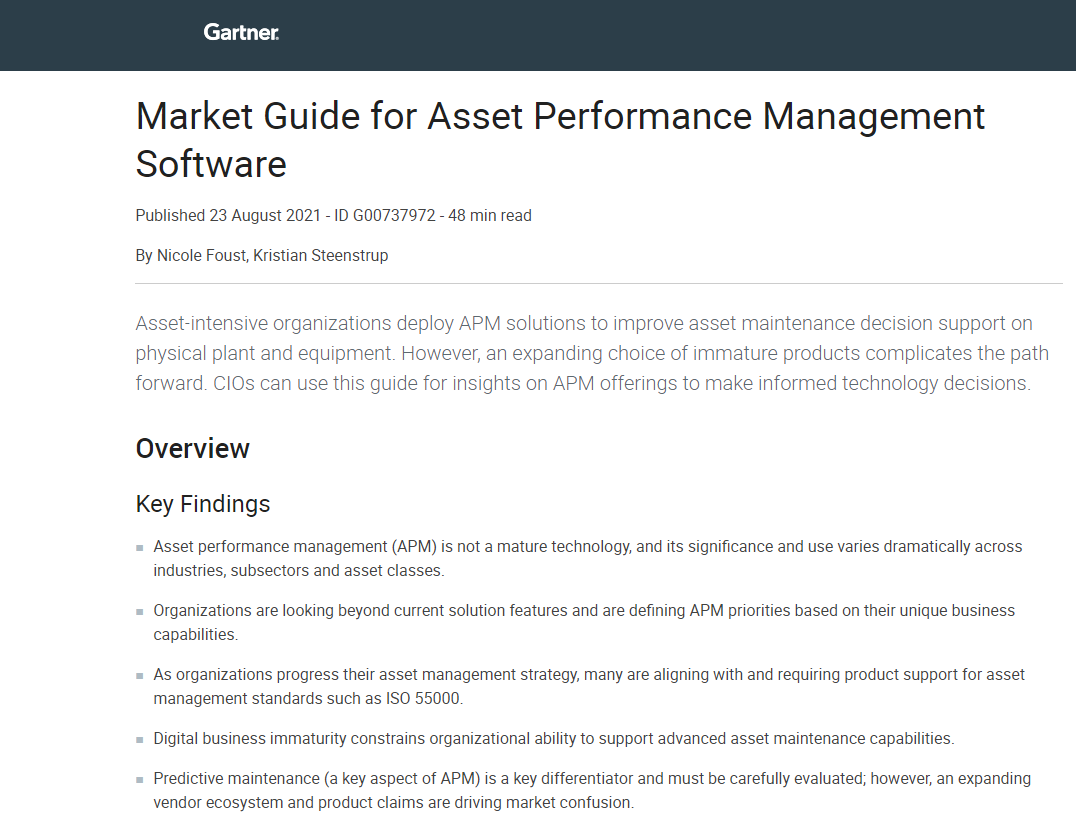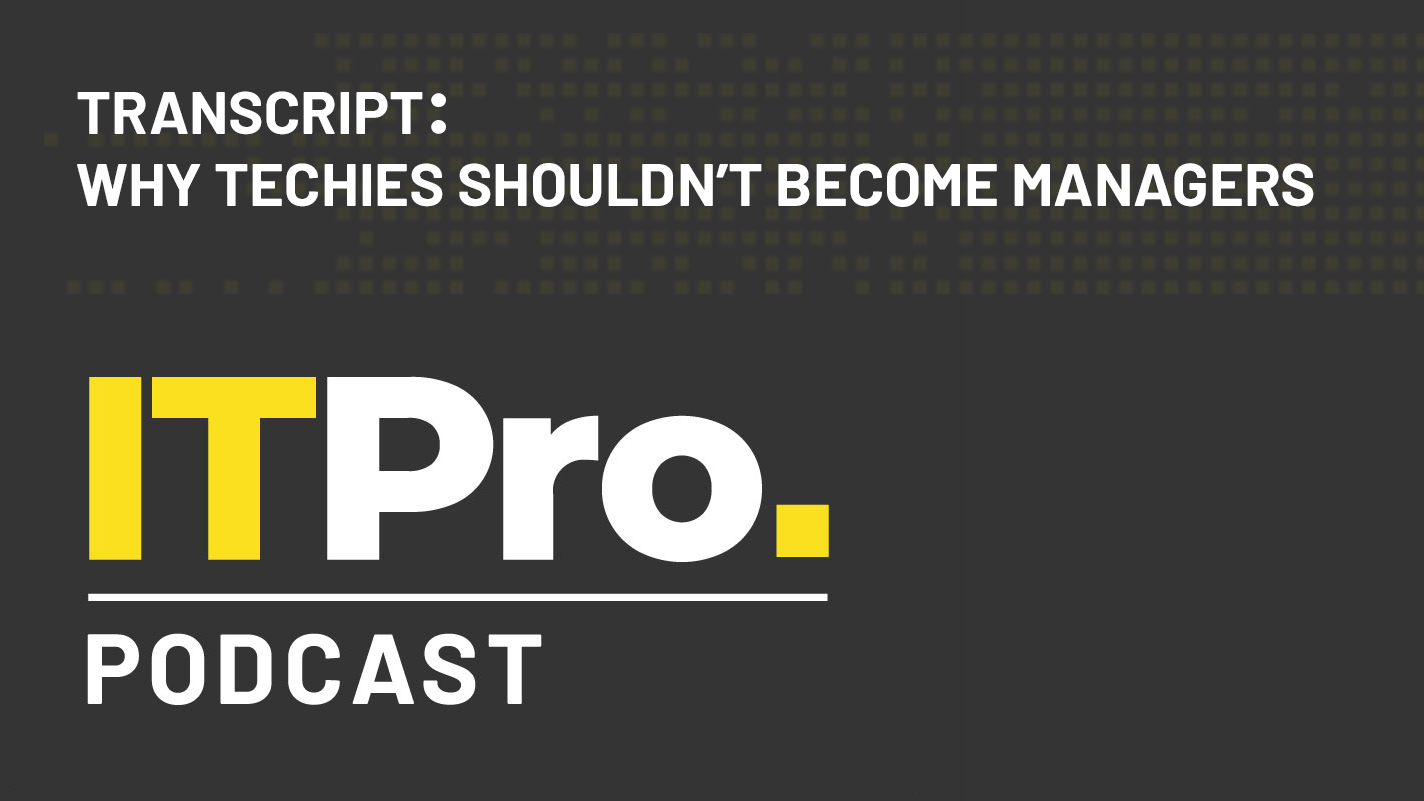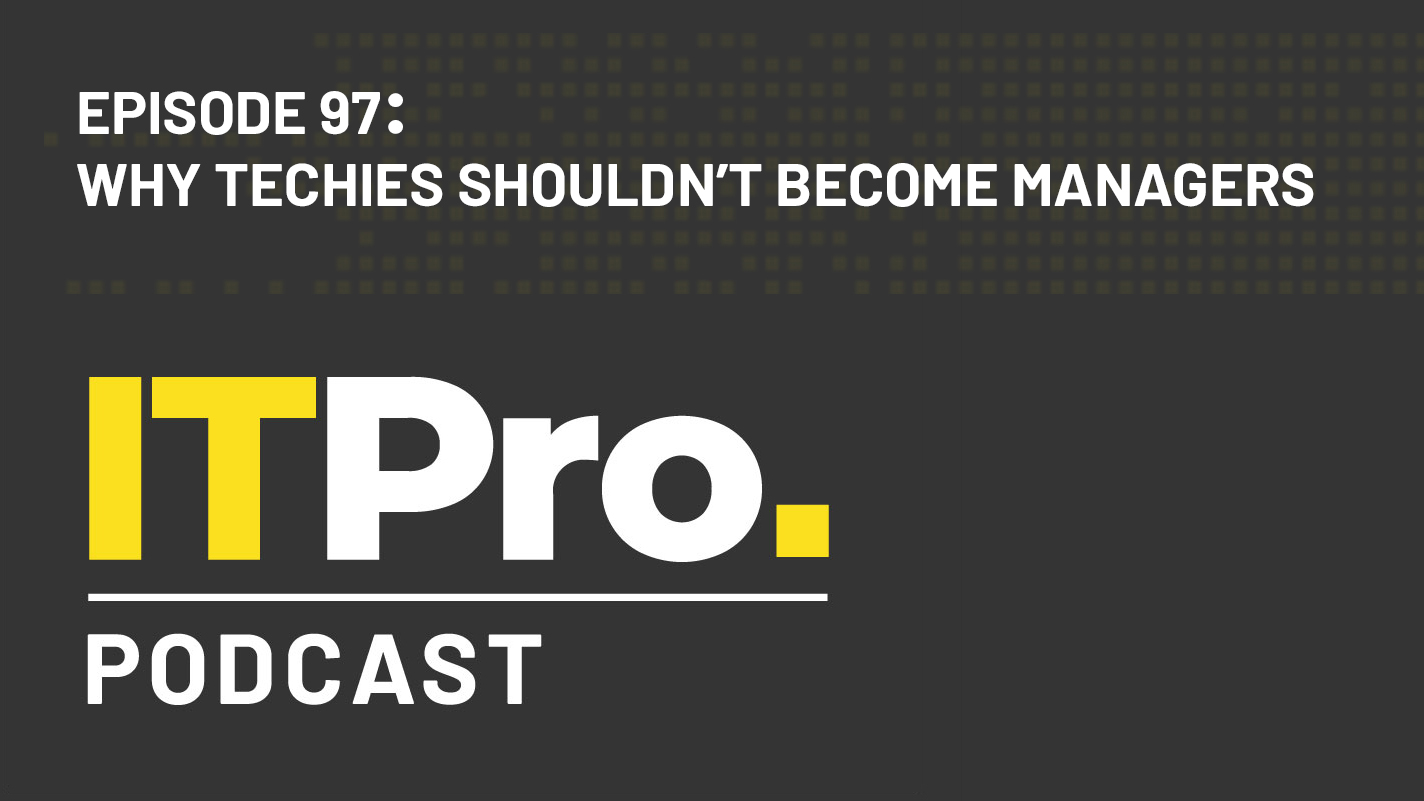Why technology must be at the heart of your company
Getting the right balance between IT and the business is crucial to your firm's future

Business leaders must put technology at the heart of their companies, or risk compromising their potential for success, according to technology consultancy Outbox.
Nicholas Mobbs, managing director of Outbox, a CRM implementaton firm now being acquired by PwC, tells IT Pro that modern thriving businesses are discerning adopters and users of technology.
"The technology market is incredibly challenging because it's changing every day," he says. "It's very difficult for any company to do anything successfully without adopting technology properly."
He adds: "A few years ago, companies could get away with doing stuff without having any technology in place, or having technology in place but not properly adapting it. Now I think that is not possible."
Mobbs names Uber and Airbnb as two success stories that few people had heard of five or six years ago, which both used technology to transform their industries.
The first step on that journey is getting tech workers involved in business strategy, says Bola Rotibi, research director at analyst house Creative Intellect Consulting.
"Bringing the technology people to the heart of business is fundamental. The problem has always been that people have been in their silos: You have the IT department, marketing, and so on," she says. "The challenge is getting people to collaborate that's much more of a business mentality, though.
Get the ITPro daily newsletter
Sign up today and you will receive a free copy of our Future Focus 2025 report - the leading guidance on AI, cybersecurity and other IT challenges as per 700+ senior executives
"You don't want to overload people, but if you don't bring the tech guys in on the business, you're working blind everyone's working blind."
Rotibi explains that involving those with tech know-how with strategic decisions allows businesses to determine what risks they face, but also what the most apparent, and achievable, solutions may be.
Analyst and founder of Quocirca, Clive Longbottom, agrees with Rotibi, saying: "Tech people need to get embedded into the business thought process. They need to be able to listen to the business's needs and then go away and rapidly come back with a range of possibilities on how tech can enable the desired outcome.
"As long as the tech person can provide information on how the proposed systems impact the business's risk and cost, as well as how much it adds to the value of the business, the business can then make a decision based on its own corporate risk profile."
Technology can also break down gaps that exist between departments, like the sales division and the marketing division, according to Mobbs.
It is something that Outbox helps achieve by setting up CRM software, such as Salesforce and Microsoft Dynamics.
Mobbs says: "Marketing and sales basically have to work as a single solution. Marketing can't any longer be fire-and-forget, it has to be a continual process. Sales have to response to what marketing does, and marketing has to respond to sales they can no longer be siloed."
However, even with technology in place and those that know how to use it involved in strategic decisions, Longbottom warns that such a thing does not guarantee a business will thrive.
"Tech is incredibly important, but good tech married to bad business processes will just help an organisation go out of business faster than it already was doing," he points out.
"Good business processes on top of pre- or proscriptive tech will also be bad news. As the markets change, the tech can't, and so becomes a constraint on the business."
The solution is for business and tech to work together.
"The platform has to be flexible, the software needs to be modular, and the techies themselves need to accept that the best solution may not be one they own' or build and manage themselves," Longbottom says.
But digital strategist Lisa Talia Moretti believes that to succeed, companies must focus on people, rather than tech.
"For a company to simply keep up with technology is a tremendous effort. To tackle the challenge requires very holistic thinking," she claims. "People should always be at the heart of a business, because ultimately, the end users of all products and services are people. And that will never change."
-
 Should AI PCs be part of your next hardware refresh?
Should AI PCs be part of your next hardware refresh?AI PCs are fast becoming a business staple and a surefire way to future-proof your business
By Bobby Hellard
-
 Westcon-Comstor and Vectra AI launch brace of new channel initiatives
Westcon-Comstor and Vectra AI launch brace of new channel initiativesNews Westcon-Comstor and Vectra AI have announced the launch of two new channel growth initiatives focused on the managed security service provider (MSSP) space and AWS Marketplace.
By Daniel Todd
-
 IDC: The business value of IBM Maximo
IDC: The business value of IBM MaximoWhitepaper Integral to the transformation of asset management
By ITPro
-
 How to choose APM software for your business
How to choose APM software for your businessWhitepaper A market guide to Asset Management Performance software
By ITPro
-
 IT Pro Panel: Tackling technical recruitment
IT Pro Panel: Tackling technical recruitmentIT Pro Panel With the recruitment market shifting, how can businesses both retain their best staff and fill gaping talent shortages?
By Adam Shepherd
-
 A buyer’s guide to board management software
A buyer’s guide to board management softwareWhitepaper Improve your board’s performance
By ITPro
-
 Scandal-hit Toshiba to split into three companies
Scandal-hit Toshiba to split into three companiesNews The troubled Japanese giant aims to create more value for investors with "attractive" business separation
By Bobby Hellard
-
 Tektronix updates its asset management software
Tektronix updates its asset management softwareNews CalWeb gains four new capabilities surrounding test and measurement equipment calibration
By Praharsha Anand
-
 Podcast transcript: Why techies shouldn’t become managers
Podcast transcript: Why techies shouldn’t become managersIT Pro Podcast Read the full transcript for this episode of the IT Pro Podcast
By IT Pro
-
 The IT Pro Podcast: Why techies shouldn’t become managers
The IT Pro Podcast: Why techies shouldn’t become managersIT Pro Podcast Managing people is a completely different skillset to managing technology - so why do we keep pushing people from one to the other?
By IT Pro